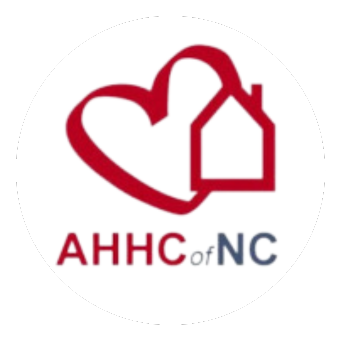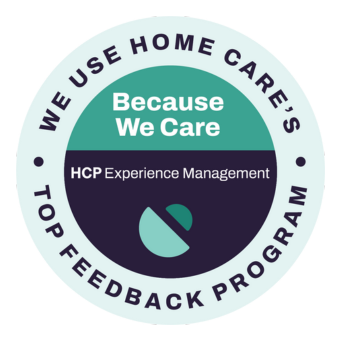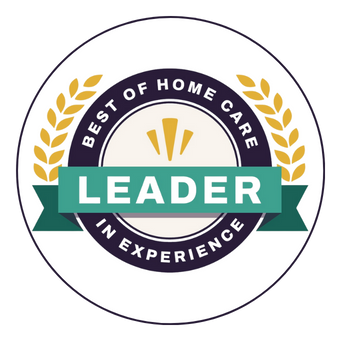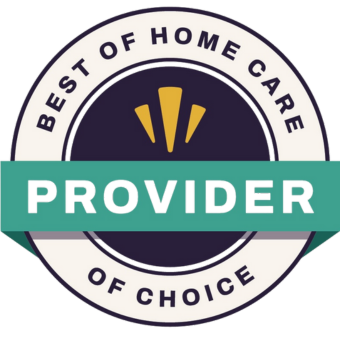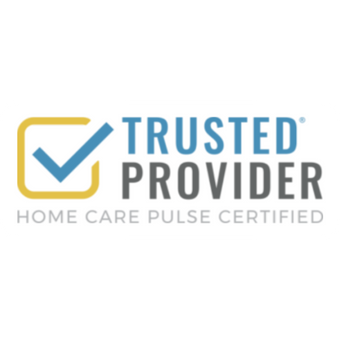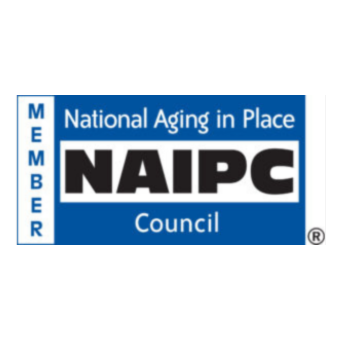
Senior Care in Chapel Hill NC: Late Onset Food Allergies
When most people think of developing food allergies, they think about children. However, late onset food allergies are very common and they can really have an effect on the health and wellness of the elderly. It’s not unusual for seniors to suffer from a food allergy without anyone realizing, because many people are not familiar with late onset food allergies.
That’s why during Food Allergy Action Month, it’s a good idea for family caregivers to consider whether their aging loved one’s recent health issues might not be related to what they are eating.
What Are Late Onset Food Allergies?
Late onset food allergies are immune system reactions to certain foods that don’t develop until later in life. Many adults in their 30s first develop food allergies, but it’s also common for seniors to be affected as their immune systems slow down. Late onset food allergies are generally triggered by these eight foods: eggs, wheat, soy, shellfish, fish, milk, peanuts and tree nuts.
The immune system is in place to fight off what it perceives to be invaders to the body. When someone has an allergy, it means the immune system is reacting to a trigger, such as a food. This protective response is manifested in a variety of symptoms that range from severe to mild.
Symptoms of Late Onset Food Allergies
Seniors are more likely to experience severe reactions to food allergies, so it’s definitely not something to ignore. Typical symptoms include cramps, vomiting, dizziness, itching throat or mouth, swelling in the throat or mouth, skin rashes, coughing, shortness of breath and wheezing. In extreme cases, the senior could suffer from anaphylaxis, which is a life-threatening condition that sends the body into a state of shock. Symptoms generally show up about 2 to 5 hours after eating the trigger food.
All too often, food allergies are not diagnosed in seniors because the symptoms are often mistaken for other conditions that may be related to age. Because late onset food allergies are rarely considered, it’s possible for the aging loved one to get treated for the symptoms without knowing the true cause.
Helping Seniors With Late Onset Food Allergies
If family caregivers suspect that their elderly loved one’s symptoms may be caused by a food allergy, there are several steps to take. The first thing to do is keep a food diary. Family members and senior care aides should track what the elderly person eats during the day. The diary should also track any symptoms that might manifest—including what happened and when. It should be delivered to a doctor or allergist during a consultation appointment.
The food diary will be an important tool for an allergist to evaluate the aging loved one’s condition. During the doctor’s appointment, they may do a blood test and more on the senior to further explore the possibility of food allergies. It won’t take long to determine whether or not a certain type of food is triggering the symptoms they are experiencing.
The good news is that once a food allergy has been identified, it’s just a matter of the aging loved one avoiding it in their diet. While it may be easy to eliminate in some cases, like at the grocery store, they also need to be aware of processed foods that may contain the trigger food, restaurant meals and food at other people’s homes. Family caregivers can remind senior care assistants about the shopping and meal restrictions, but the senior will have to take responsibility for being vigilant in other areas so they don’t trigger their late onset food allergies and get sick all over again.
If you or an aging loved one are considering hiring professional senior care in Chapel Hill, NC or the surrounding areas, please contact the friendly staff at HomeChoice Home Care Services. Call today (919) 847-5622
Source:
http://allergicliving.com/2014/11/20/searching-for-answers-to-adult-onset-allergies/


